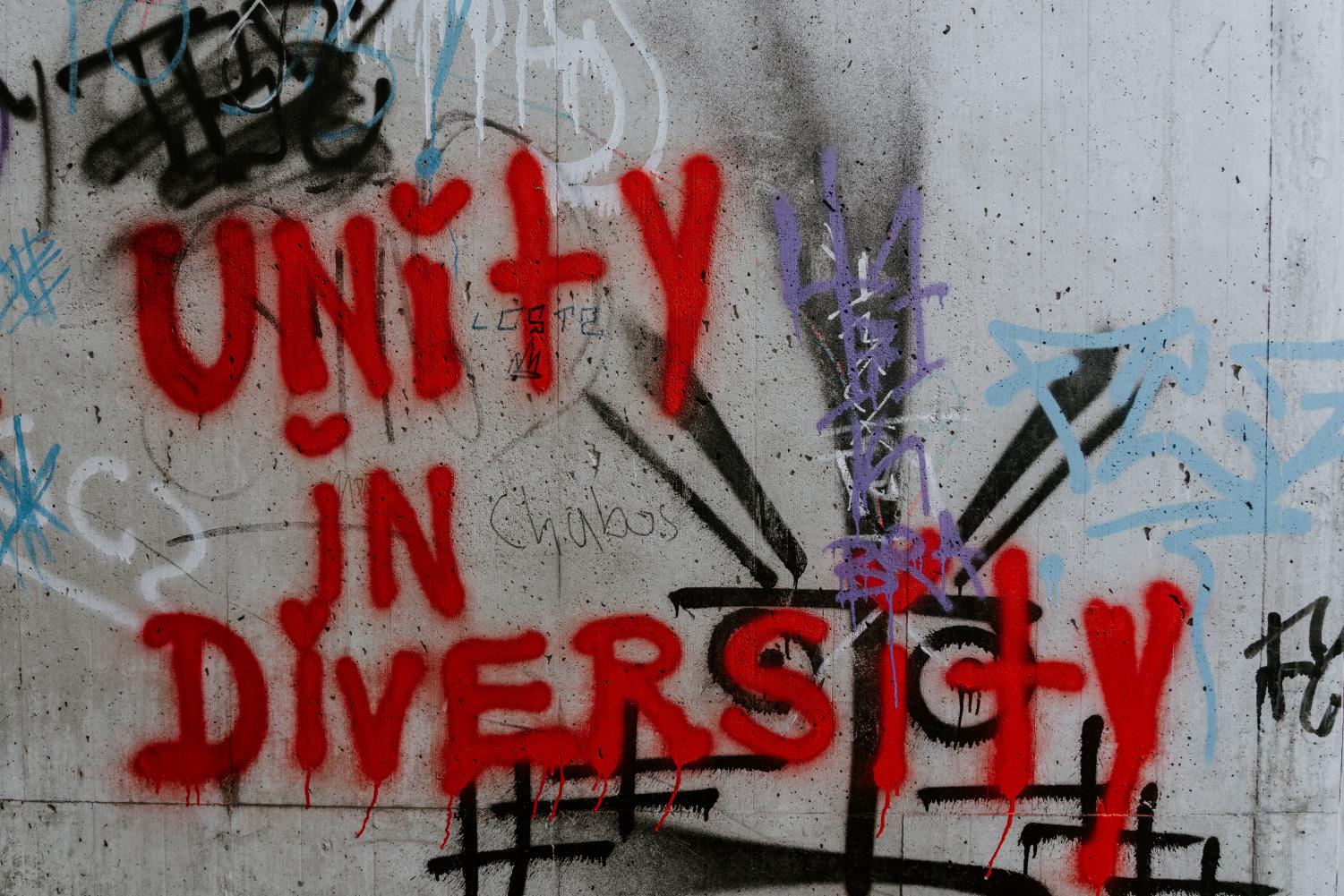Shortly after the coronavirus shutdown on campus, students were exposed to the nationwide racial divide that broke out in the United States regarding the deaths of George Floyd, Breonna Taylor and others. Riots sparked throughout the nation, which resulted in even more casualties, such as the Capitol Hill Occupied Protest at the East Precinct in Seattle, Washington and damage to properties, including Wendy’s in Atlanta, Georgia.
News media broadcasted the response to these racial injustices publicly and 24/7 as humanity seemingly fell apart in front of the nation’s eyes. While witnessing these events, Christians were faced with whether or not the clear racial divide occurring in the U.S. was something to engage in or avoid.
Where there were lives being lost as a result of uprisings in the name of “justice” or where looting and property damage occurred—that kind of behavior is unacceptable among followers of Christ. However, understanding how to appropriately navigate the racial tension that pervaded the nation required Christians to look to the Bible for answers.
BIBLICAL RESPONSE TO RACISM
Racism is the prejudice toward a people group that are thought to be inferior because of racial differences, according to the Merriam-Webster Dictionary. Christians must be aware of diversity while also understanding that identity is found in Christ.
Jesus gave an example of being racially aware when he spoke with a Samaritan woman in Galilee in John 4. When Jesus asks for a drink, the woman responds, “How is it that you, a Jew, ask for a drink from me, a woman of Samaria?”
It was unusual for Samaritans and Jews to interact. However, Jesus knew that she was in need of salvation as much as any other person, regardless of race.
Throughout Scripture, Christ reveals the importance of focusing on the eternal souls of people rather than physical differences. Christians must rally around their diverse brothers and sisters in Christ—racism directly juxtaposes biblical teaching.
BIOLA’S RESOURCES
At Biola, Student Enrichment and Intercultural Development made strides in ensuring that students from all backgrounds have a place and can live out their God-given identity. Through affinity groups like Taro Talk and Iron Sharpens Iron, men and women can get together with people who share their racial background and learn more about their cultural heritage.
In addition to SEID, Biola’s Division of Diversity and Inclusion integrates Intercultural Education, Research and Assessment training for faculty and staff in order to instruct them biblically toward diversity and inclusion.
IN THE END
After the racial injustices that unfolded in 2020, Christians were required to think about the biblical response to racism. Christians must oppose every temptation to separate themselves from others based on racial differences and focus on embracing others in the love of Jesus.
According to Philippians 2:10-11 it is at Jesus’ name that every knee will bow and every tongue will confess that Jesus Christ is Lord. Today and for eternity believers will see that God is glorified when all races come to worship him—diverse voices become one when engaging in the worship of their creator.











